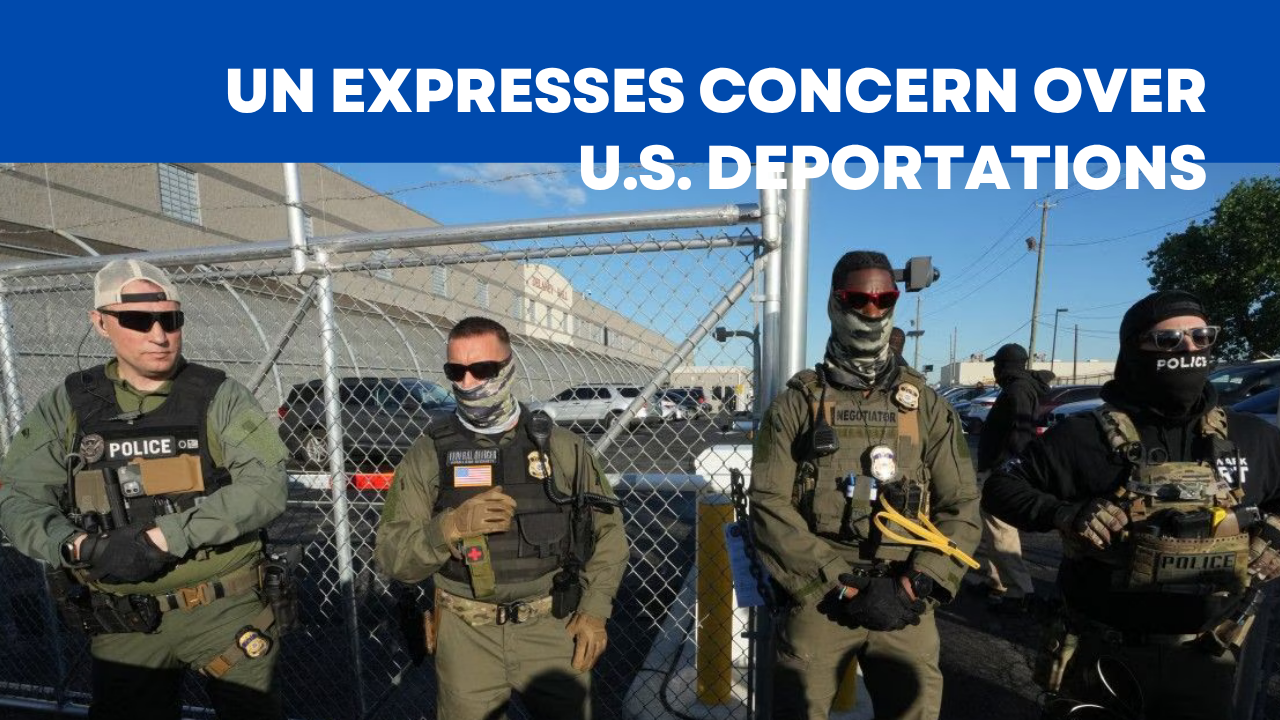The United Nations has expressed alarm over the increasing number of non-nationals being deported from the United States, raising serious concerns about the potential violations of international human rights standards. The UN has called on the U.S. government to reconsider its deportation policies to ensure compliance with global human rights obligations.
In a statement released today, UN officials warned that the mass deportations could violate fundamental human rights protections, particularly in cases where individuals face the risk of torture, persecution, or discrimination upon return to their home countries. The UN has highlighted concerns that some deportees may be sent to regions experiencing armed conflict, political instability, or where they could face harm due to their ethnicity, religion, or sexual orientation.
“The United States, as a signatory to multiple international human rights treaties, has an obligation to ensure that its deportation policies do not result in the violation of basic human rights,” said Sarah Patel, a UN spokesperson for human rights. “We urge the U.S. to conduct thorough reviews of deportation cases, particularly for vulnerable individuals, to prevent harm.”
The UN has specifically pointed to cases where deported individuals face dire conditions in their home countries, including violent crackdowns on dissidents, LGBTQ+ individuals, and ethnic minorities. Human rights organizations have raised alarms that the Trump-era immigration policies and the Biden administration’s continuation of strict deportation practices have disproportionately affected individuals from Central America, Africa, and Asia.
The U.S. government has responded by emphasizing the need for strong border security and immigration enforcement to maintain national security. However, critics argue that these policies may lead to human rights violations by separating families, denying due process, and returning people to danger.
The UN has called on the U.S. to adopt alternative policies that prioritize human dignity and due process, and to ensure that deportations do not violate international protection standards. These recommendations come amid growing concerns from rights groups and advocacy organizations about the treatment of immigrants and asylum seekers in the U.S.




